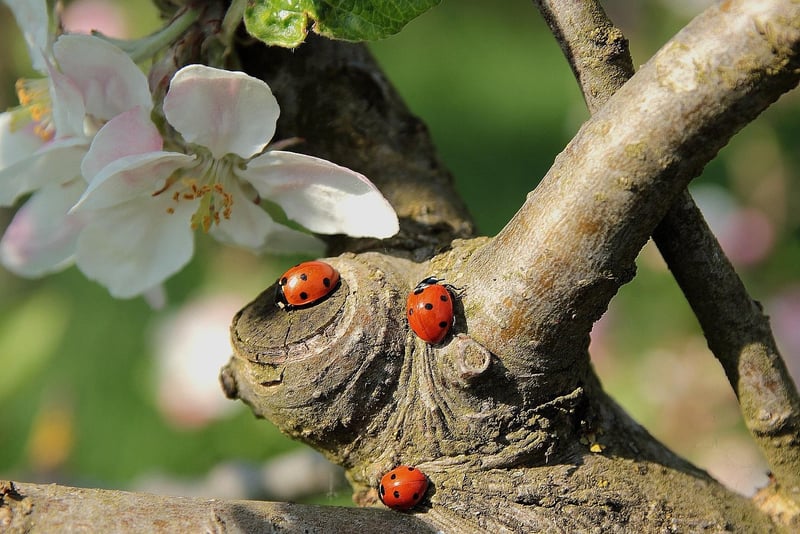Pest Control
Keeping Your Garden Healthy: Pest Control Tips

Having a beautiful garden requires more than just planting flowers and vegetables. It also involves keeping your garden healthy by effectively managing pests. Here are some tips to help you maintain a pest-free garden:
1. Identify Common Garden Pests
Before you can effectively control pests in your garden, you need to identify them. Common garden pests include aphids, slugs, snails, caterpillars, and beetles. Look for signs of damage on your plants to determine the type of pest present.
2. Use Natural Predators
Encourage natural predators like ladybugs, lacewings, and birds to help control pest populations in your garden. These beneficial insects and animals can keep pest numbers in check without the need for harmful chemicals.
3. Practice Crop Rotation
Rotate your crops each season to prevent the buildup of pests in the soil. Different plants attract different pests, so rotating crops can disrupt pest life cycles and reduce infestations.
4. Companion Planting
Planting certain flowers and herbs alongside your vegetables can help repel pests. For example, marigolds can deter nematodes, while basil can repel mosquitoes and flies.
5. Organic Pest Control Solutions
Use organic pest control solutions like neem oil, diatomaceous earth, and insecticidal soap to target specific pests while minimizing harm to beneficial insects and the environment.

6. Regular Monitoring
Regularly inspect your plants for signs of pest damage. Early detection can help you address pest issues before they escalate and cause significant harm to your garden.
7. Maintain Garden Hygiene
Keep your garden clean and free of debris to eliminate hiding spots for pests. Remove weeds, fallen leaves, and decaying plant matter to reduce pest habitats.
8. Consider Physical Barriers
Use physical barriers like row covers, netting, and fences to protect your plants from pests. These barriers can prevent pests from accessing your crops without the need for chemical intervention.
9. Seek Professional Help
If pest infestations in your garden become overwhelming despite your efforts, consider consulting with a professional pest control service. They can provide targeted solutions to address persistent pest issues.
By implementing these pest control tips and practices, you can keep your garden healthy and thriving while minimizing the impact of pests on your plants. Enjoy a beautiful and bountiful garden all year round!
